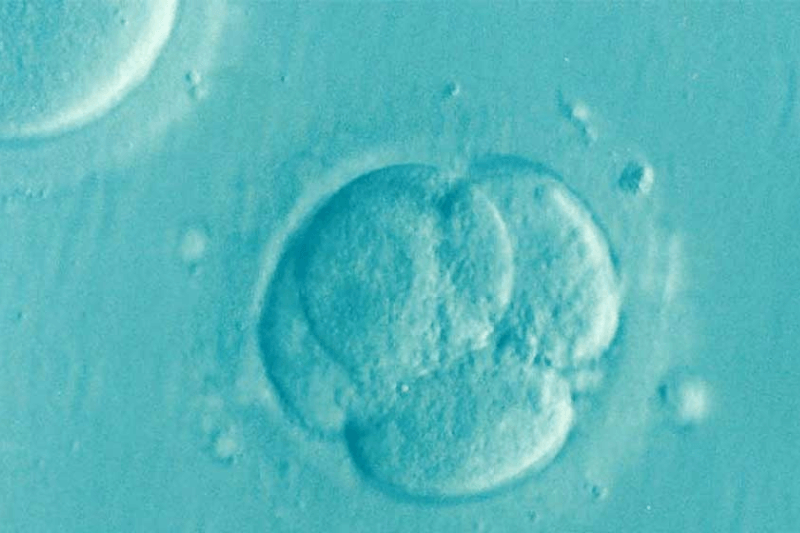Who is a Good Candidate for Egg Freezing?
Known by its technical term, mature oocyte vitrification, egg freezing could be a good option for women who have an autoimmune disease that may impact their fertility. Also, women facing cancer or other serious illnesses may choose to freeze their eggs before undergoing treatments that could damage their reproductive system, such as radiation or chemotherapy.
Women with certain genetic conditions, including those who are carriers of the BRCA gene, may choose to freeze their eggs before they have surgery to remove their ovaries to mitigate their increased risk for cancer.
Unlike with embryo cryopreservation – or the freezing of fertilized eggs – egg freezing doesn’t require sperm, so it can be a good option for women who do not have a partner, or those who wish to donate their eggs to another couple.
What You Can Expect from Egg Freezing
In order to freeze her eggs, first a woman must have some labs taken to measure her ovarian reserve, or the quality and quantity of her eggs. A fertility specialist will then prescribe ovulation stimulation medication, the same medication that is used in preparing for in vitro fertilization (IVF.) This medication induces her ovaries to produce multiple mature eggs — rather than the single egg that usually develops during her menstrual cycle each month.
Egg retrieval is done during a simple outpatient procedure under sedation about 10-14 days later. Usually, multiple eggs are removed. That’s because studies show the more eggs retrieved, the better the chances of a successful pregnancy later.
The eggs are then frozen and stored. Egg freezing is most commonly done through vitrification. High concentrations of cryoprotectants — substances that help prevent ice crystals from forming on the eggs, which can be damaging — are used along with a process of rapid cooling.
When a woman decides she want to try to conceive, the eggs are thawed in a lab and mixed with healthy sperm via intracytoplasmic sperm injection (ICSI). Once the embryos are mature, they are transferred to the uterus during a regular IVF cycle
The Success of Egg Freezing
If your dream is to have a baby using frozen eggs 10 or even 20 years from now, your success depends a lot on your age at the time your eggs were frozen. If you were over age 35 when you chose to freeze your eggs, they will be less likely to result in a healthy pregnancy than if they were frozen when you were much younger.
In fact, the chances of achieving a successful pregnancy, whether from fresh or frozen eggs, decrease with a woman’s age in general. According to the Mayo Clinic, the chances of becoming pregnant after implantation are roughly 30 to 60 percent — and that depends heavily on the mother’s age.
Frozen eggs can safely be stored for many years, but we don’t know for exactly how long, because most of the eggs frozen in the United States have not been thawed to create embryos yet. The good news is that babies born from frozen eggs do not appear to have any increased risk for birth defects or low birth weight than children who are conceived naturally.
Egg freezing can offer a good option for women who wish to preserve their fertility. Talk your doctor to find out if it’s right for you.
If you’d like to learn more about egg freezing or fertility treatment, call us for a consultation
Frequently Asked Questions About Fertility Preservation
What is fertility preservation?
Fertility preservation refers to the process of preserving a person’s reproductive potential for the future. This can be important for individuals facing medical treatments (such as chemotherapy or radiation) that may affect their fertility, or those who want to delay childbearing for personal or medical reasons.
Who can benefit from fertility preservation?
Fertility preservation can benefit individuals of all genders and age groups. It’s commonly used by cancer patients before undergoing treatments that may harm their fertility, but it’s also an option for people who wish to delay parenthood or those with medical conditions affecting fertility.
What are the methods of fertility preservation?
There are several methods of fertility preservation, including sperm cryopreservation for males, egg freezing (oocyte cryopreservation) and embryo freezing for females, and ovarian tissue cryopreservation. In some cases, these methods can also be used in transgender individuals.






